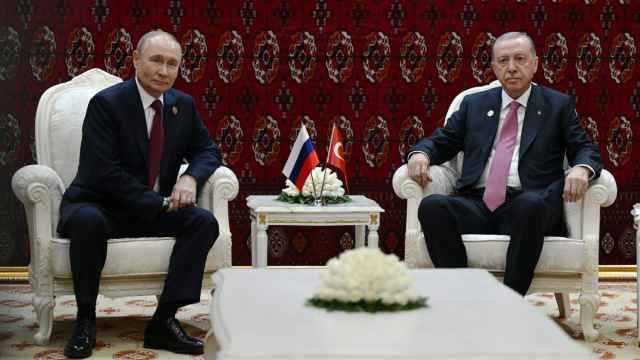
Marina Borzygina
Head of BPO and Production outsourcing department
Coleman Services
On January 1, 2016, federal law No. 116-FZ dated 05.05.2014, on amendments to certain legislative acts of the Russian Federation, or the so-called 'law on temporary agency work' — which for all intents and purposes the law limits — will come into force. According to this legal document, restrictions and guidelines will be introduced for the recruitment of agency staff. Restrictions include: a time limit on use of staff from private employment agencies, limits to the conditions where it is possible to recruit staff, secondary liability for payment of salaries, and compliance of employment directed workers to the conditions of the enterprises and to conditions for corporate employees employed in similar positions. That said, the demand for third-party recruitment services is maintaining itself despite the legal changes. Reasons for this include seasonality, the necessity to be responsive to changing market realities, the need to focus on the core business. In the current conditions of economic uncertainty, companies are acquiring fundamental strategies with which to improve effectiveness and competitiveness. Consequently, many companies are considering two approaches to maintain and enhance efficiency in 2016: (1) to work within the frame of federal law No. 116-FZ and its many legally prescribed limitations, and (2) to transfer certain business processes or non-core functions to a third party, i.e. to outsource. Alongside the improvement and trouble-free provision of business processes, client participation is being limited to the final stage — receiving the finished service or product.
There are certain criteria to evaluate outsource service providers, such as: increased efficiency (it's not only cost reduction), improved quality, ensuring the continuity (regardless of vacation and sick leave of employees), and so on, all dependent on the particular business process outsourced. Service providers need to be prepared to carry responsibility for the results, to monitor the effectiveness business processes, and to bring efficiency gains to full-time employment. Moreover, providers need to keep their client company's continued presence in the Russian market in mind. This includes having expertise in the implementation of Russia-based projects and access to the necessary resources such as qualified staff and the ability to quickly launch and lead a new project. No less important is compliance of internal policies and procedures of the outsource provider (and the potential client) with Russian legislation.
In addition to the commercial agreement between parties, another mandatory document should be the Service Level Agreement (SLA). The SLA sets out the criteria for the quality of the service provided. During negotiations and the selection of a supplier, it is necessary to have a clear understanding of what will be considered the base-costs for services, how they will be calculated, and what will be available for an additional price. The potential supplier (service provider) should be prepared to fix costs for a certain time period. In current conditions, this period will be an average of 1.5 — 2 years. Moreover, prior to the outsourcing of a business process, a preparatory phase is required. The preparatory phase may last several months to a year or more, depending on the specific sector of activity, goals and objectives of each specific organization. The successful management of any process requires deep study and analysis, which is only possible in preparatory phase. In short, in the framework of the provision of outsourcing, the provider takes on full HR management responsibilities (recruitment, training, employee development, providing replacements), full control of process and quality (supervision of the project and the work agreed to in the SLA) and of continual improvements to efficiency (suggestions for improvement and optimization of existing processes and procedures). Responsibility is related to the 'users' of the outsourced service — and this included the workers and ordering client company.
In general, outsourcing relationships are characterized by the following features:
• the contract relationship: outsourcing is defined as the practice of planning, management and implementation of certain types of services by a third party in accordance with the terms of the contract;
• the transfer of services to outsourcing on a long-term basis;
• 'outsourcing' itself only occurs in cases where the particular service could in face be implemented within the client company;
• in every case outsourcing is use, it reflects a decision related to a contract between relevant parties;
• outsourcing acts as an instrument that enables the allocation of internal and external resources to achieve a client company goal.
A Message from The Moscow Times:
Dear readers,
We are facing unprecedented challenges. Russia's Prosecutor General's Office has designated The Moscow Times as an "undesirable" organization, criminalizing our work and putting our staff at risk of prosecution. This follows our earlier unjust labeling as a "foreign agent."
These actions are direct attempts to silence independent journalism in Russia. The authorities claim our work "discredits the decisions of the Russian leadership." We see things differently: we strive to provide accurate, unbiased reporting on Russia.
We, the journalists of The Moscow Times, refuse to be silenced. But to continue our work, we need your help.
Your support, no matter how small, makes a world of difference. If you can, please support us monthly starting from just $2. It's quick to set up, and every contribution makes a significant impact.
By supporting The Moscow Times, you're defending open, independent journalism in the face of repression. Thank you for standing with us.
Remind me later.





